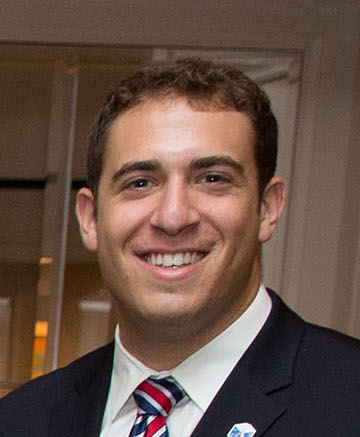Supreme Court Denies Cert Petition in Jawad
Earlier this week, the Supreme Court denied Mohammed Jawad’s petition for certiorari.
Published by The Lawfare Institute
in Cooperation With

Earlier this week, the Supreme Court denied Mohammed Jawad’s petition for certiorari. Two weeks ago on Lawfare, I wrote about Jawad’s petition for certiorari, following up on Helen Murillo’s excellent coverage of the former detainee’s suit under the Alien Tort Statute (28 § U.S.C. 1350), Federal Tort Claims Act (28 U.S.C. §§ 2671–2680), and Torture Victim Protection Act (28 U.S.C. § 1350) against the United States government for his alleged torture while imprisoned at Guantanamo Bay Naval Base.
Procedural Recap
As Helen wrote, Judge Huvelle of the District Court “dismissed each of Jawad’s claims for lack of subject matter jurisdiction” back in July 2015, “reason[ing] that Supreme Court and D.C. Circuit precedent clearly barred all of Jawad’s claims.” This was a particular reference to the jurisdictional bar in §7(a) of the Military Commissions Act, codified at 22 U.S.C. §2241(e)(2).
The D.C. Circuit opinion focused directly on this provision: “By its clear terms, this provision strips federal courts of jurisdiction to hear most claims against the United States arising out of the detention of aliens like Jawad captured during the United States’ invasion of Afghanistan.” Because of that alone, his case fell short. Yet both the District Court and Court of Appeals addressed—and discarded—Jawad’s alternative contentions, stating that even if the jurisdictional bar did not apply, Jawad’s arguments fail. As Circuit Judge Griffith wrote: “Jawad offers several reasons why the [Guantanamo review panel] finding does not [satisfy the section 7(a) requirement] here. Each of them fails.”
Petition Denied
In what’s commonly referred to as the “Rule of Four,” four Justices must vote to hear the case. Justices’ votes can be but are not always made public, and Justices have the right to write a dissent from the Court’s decision. In this case, the Court’s orders did not note any dissenting votes, let alone opinions detailing any such dissent, in Jawad’s case. However, the orders did highlight the fact that neither Justice Elena Kagan nor Justice Neil Gorsuch participated in this decision.



-final.png?sfvrsn=b70826ae_3)

